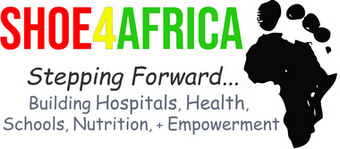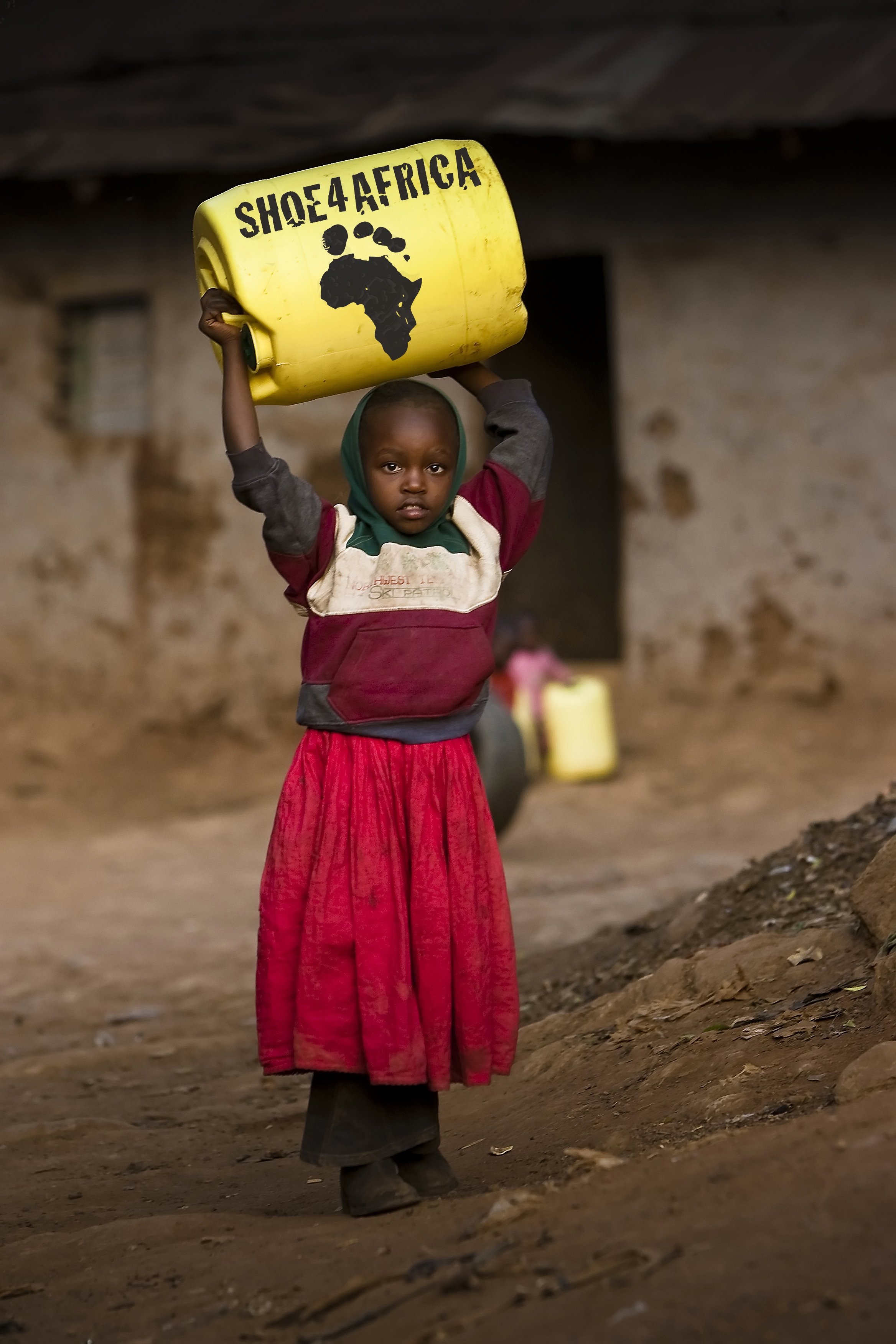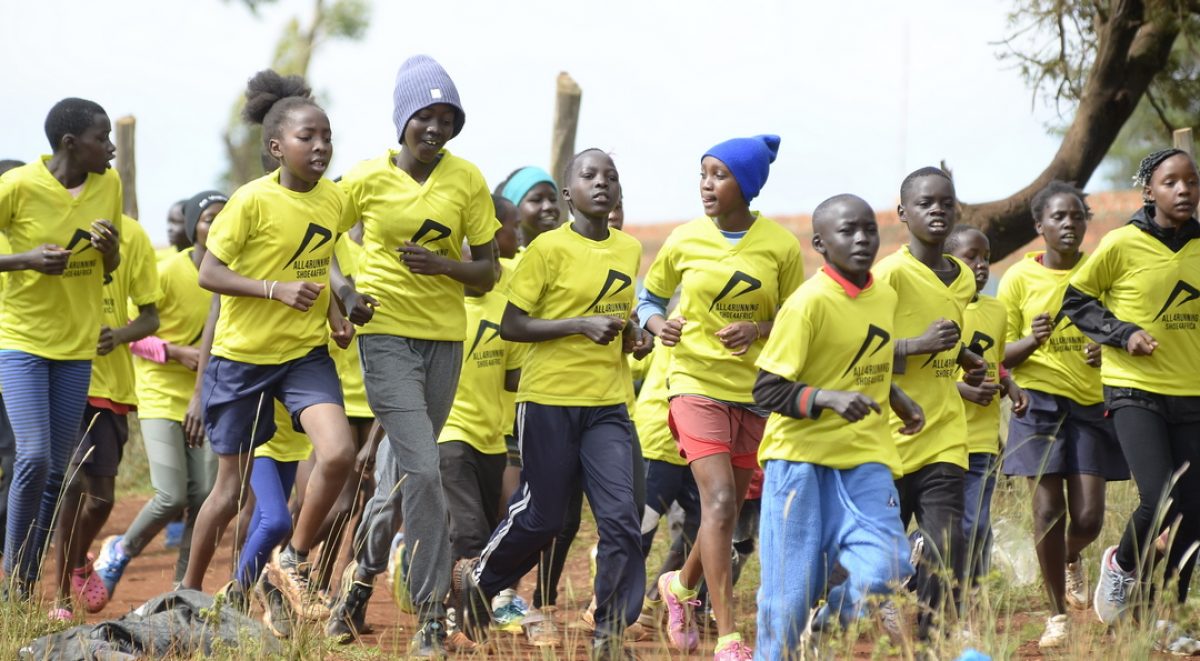
‘Where Dreams Take Their First Stride!’
Our goal is to empower young individuals by granting them access to a Safe Space and creating opportunities that enable them to realize their complete potential as accountable members of the community. The Club opened in the Spring of 2023.
We firmly believe that every young person who enters our premises has the potential to achieve success. Our dedicated team of trained staff and volunteers provide invaluable support, helping these children take charge of their lives, envision promising futures, and successfully attain their goals.
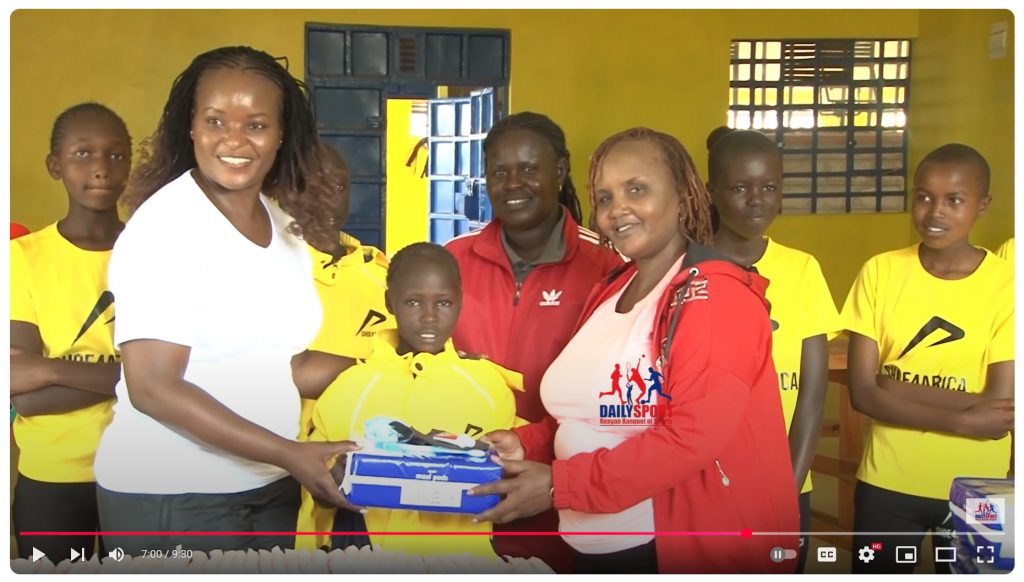
The Presidential Advisor on women’s rights (above left), Harriet Chiggai, “Congratulations with the All4Running Center. You have truly created a safe space for these young kids and we, as the government, will partner with you.”
‘In response to the tragic murders of female athletes in Iten, Kenya, Shoe4Africa has established a groundbreaking safe space center for young girls right in the center of Iten town, offering a haven for learning, growth, and protection. Recognizing the importance of inclusivity, the center thoughtfully integrates young boys into its programs, not only to educate them on gender equality but also to avoid backlash from the male-dominated community, which often feels that international initiatives overlook boys. This delicate approach has garnered widespread community support. The significance of this initiative was underscored when the President of Kenya sent his Women’s Rights Advisor to visit the center and acknowledge its critical role in fostering positive change. Carefully trained mentors provide guidance to the girls, building their confidence and teaching them to recognize early signs and stand united against inappropriate behavior. Through peer mentorship, classes, weekly visits from role models, athletics equipment, and access to essential sanitary and hygiene products, all provided free of charge, Shoe4Africa empowers young girls to thrive both on and off the track, transforming their futures in this historically challenged town.“
In the West, the afterschool clubs play an instrumental role in youth development. In rural Kenya, the element of free character-building classes, health-based, empowerment programs, sports participation to education to vocation planning talks/support are scarce. Many children attend schools where facilities are sorely lacking, even books are in scarcity, then they return to homes without electricity, and engage as ‘helpers’ to support their parents with small scale farming jobs to fill the late afternoon and weekend hours. The development of a ‘child’ gets left behind.
Our idea: create a holistic Youth Empowerment building offering free classes, lectures, guess speakers, film nights, drama, and more but all based around a sports running curriculum to better develop and broaden the child’s outlook to prepare the youngster for their best life.
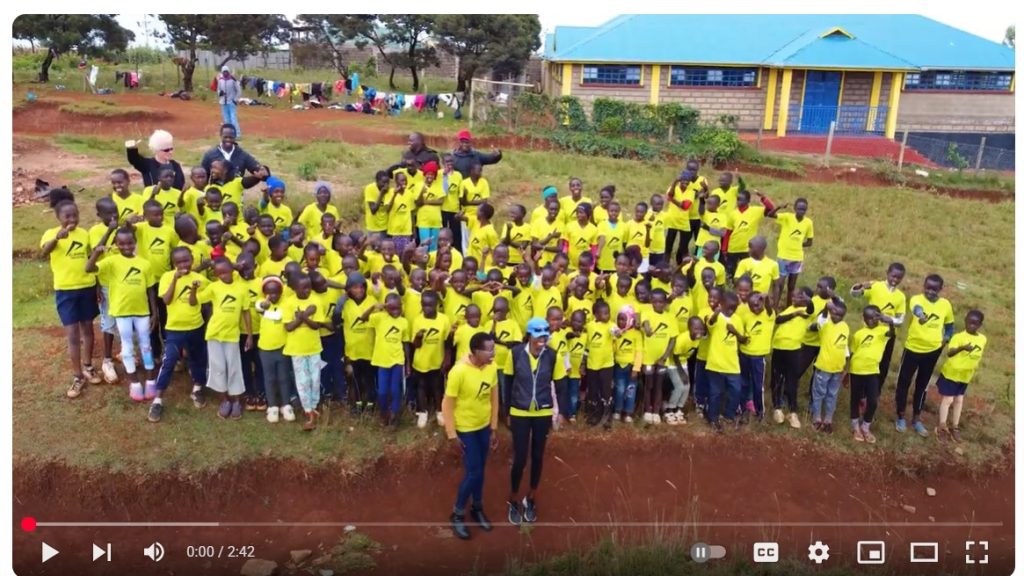
Watch our great video about the All4Running Club by clicking here
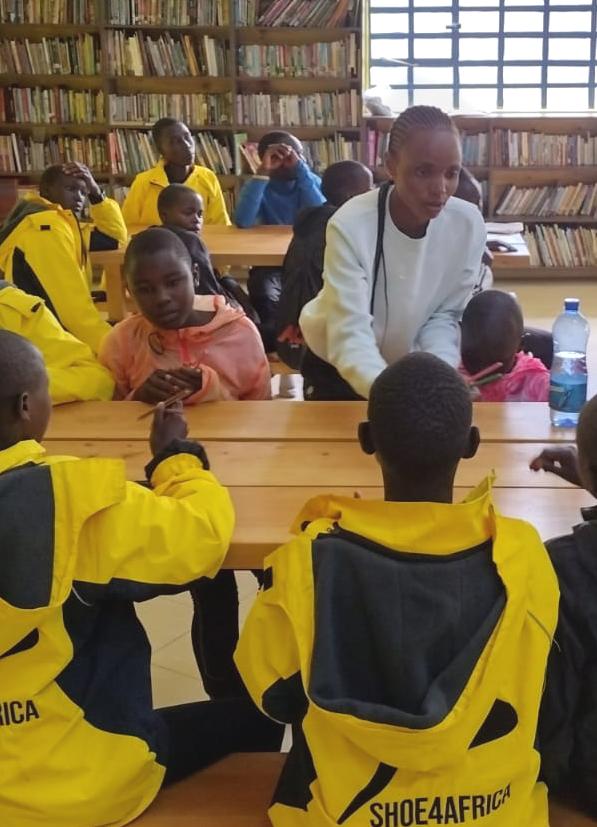
Beatrice Chebet, an ambassador for our kids club.
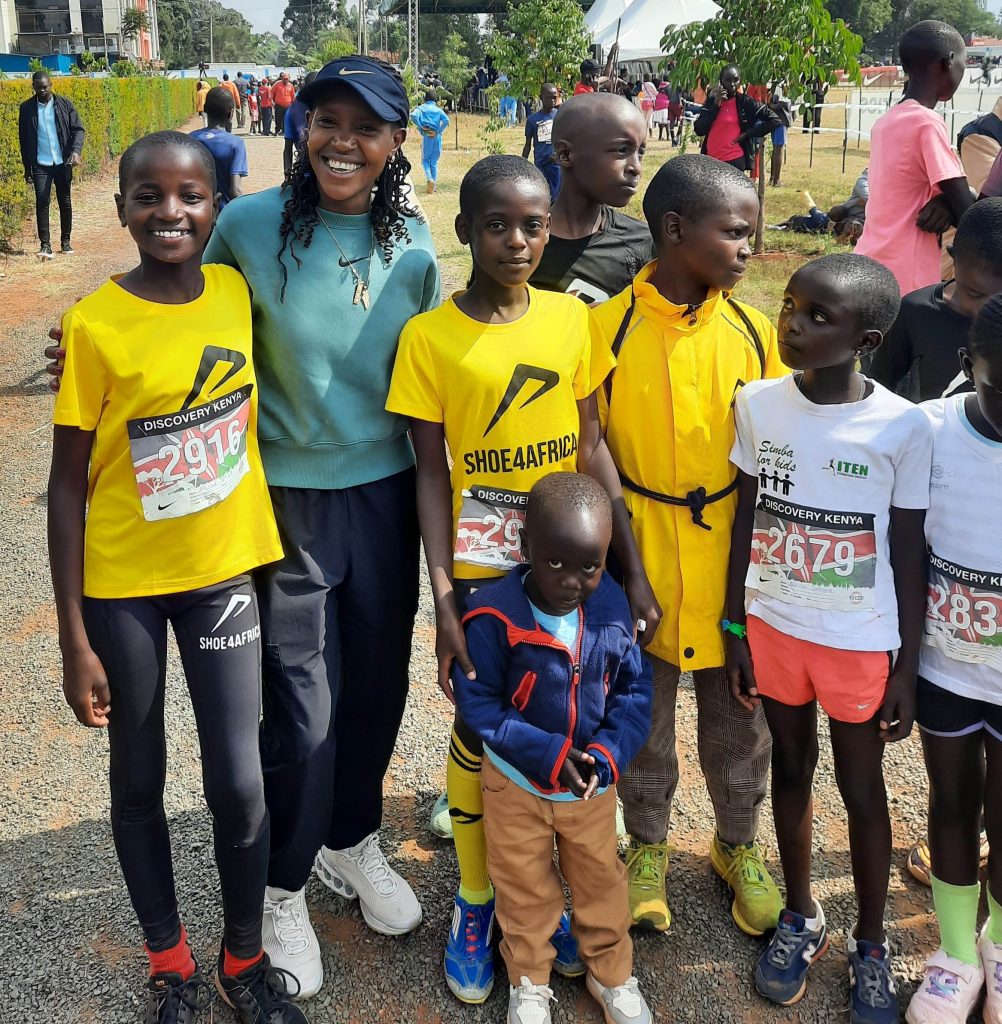
Faith Kipyegon with our kids.
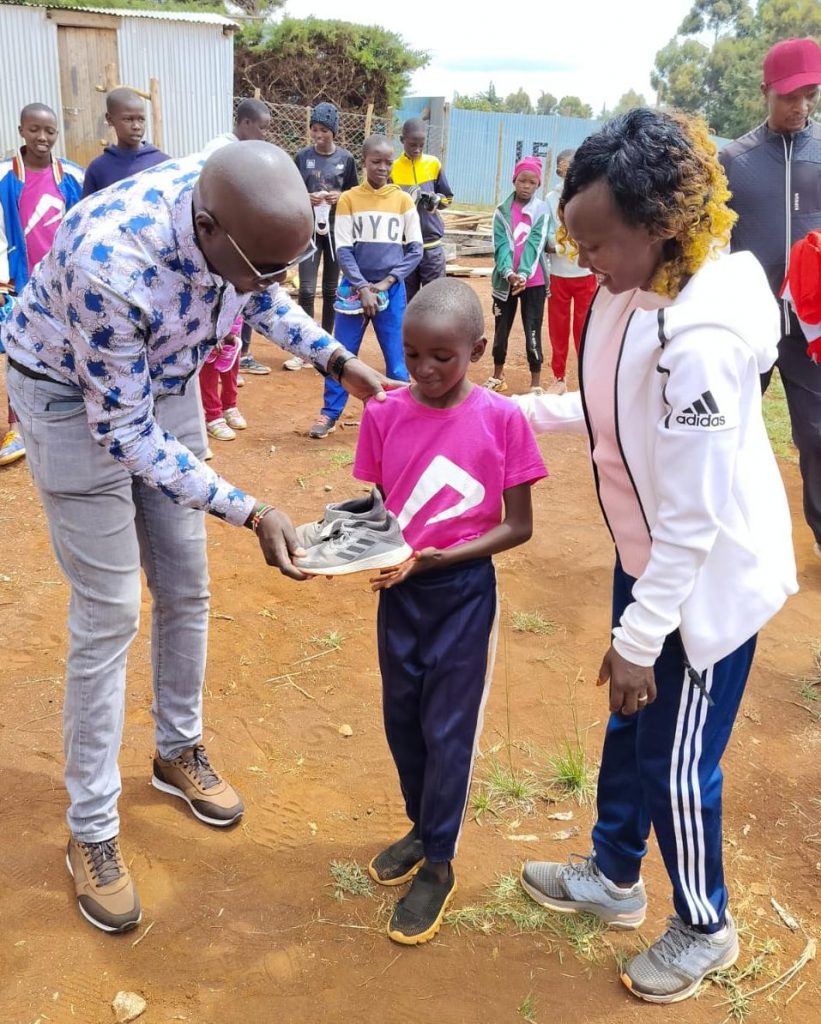
Former World Marathon Record Holder, Mary Keitany, hands over running shoes to one of our team. 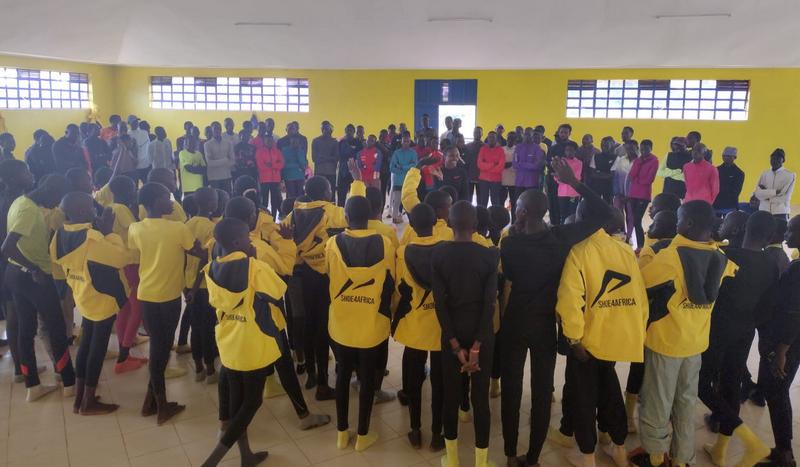
Former World Champion Daisy Jepkemei gives a guest speech of motivation to the team 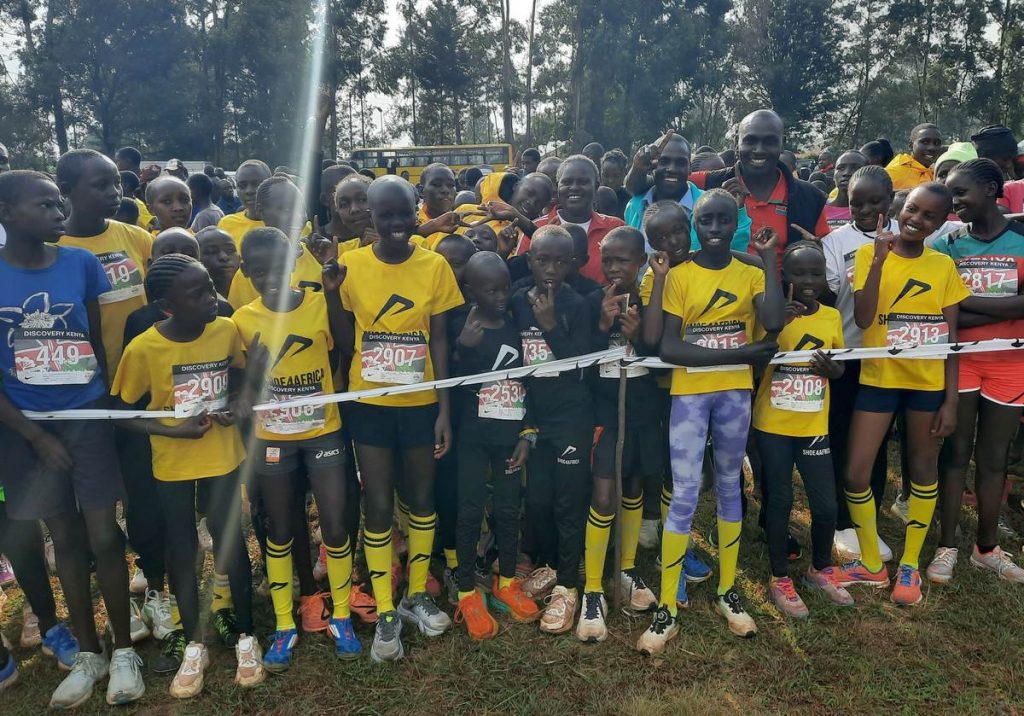
Former World Champ Ben Limo and Olympic medalist Paul Kipsiele Koech greet our kids at a race 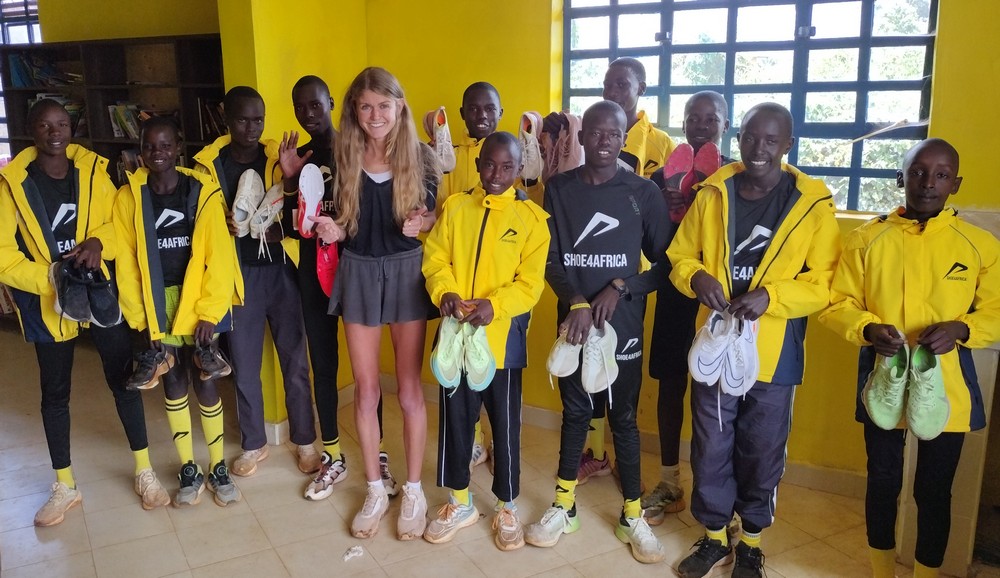
World Champs medalist Konstanze Koko Klosterhalfen donates her kit to our kids 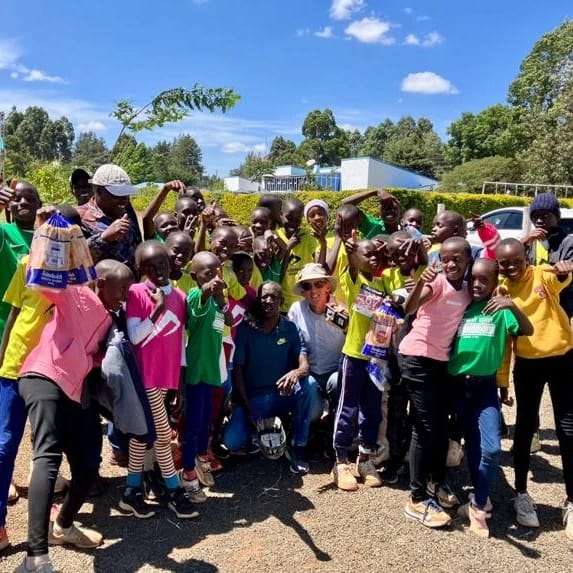
Two time Olympic Gold, Ezekiel Kemboi gives a motivational speech to the kids 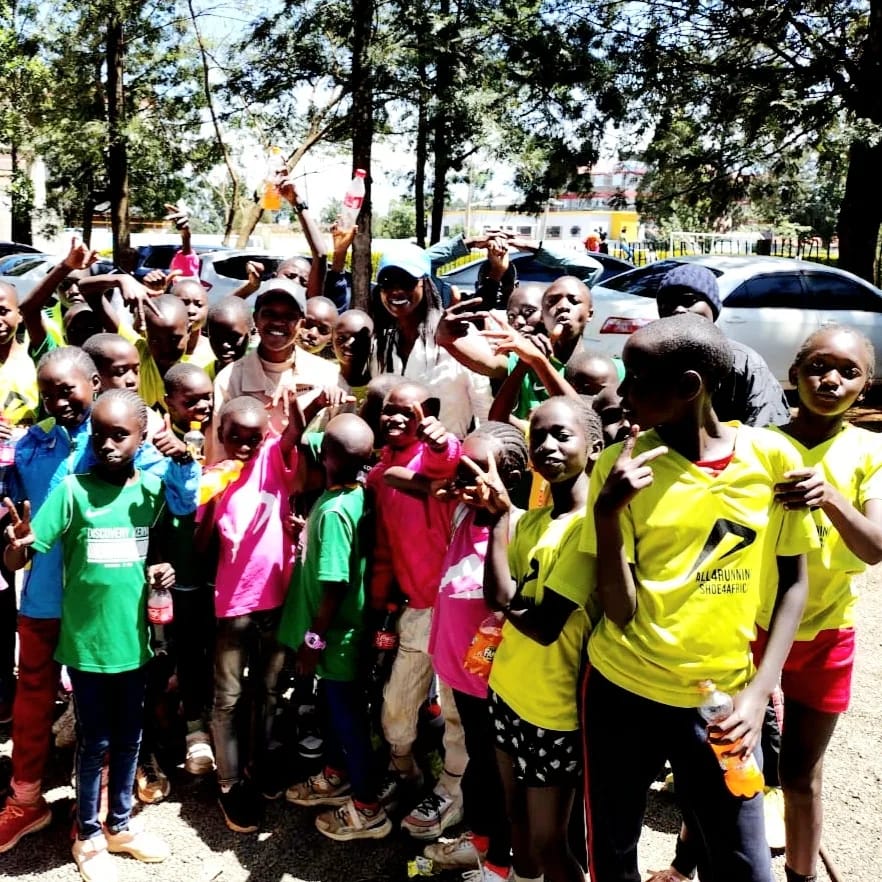
Faith Kipyegon and team leader Chelimo
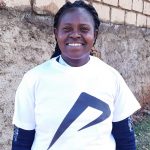
Coach Joanne ‘Mango’ Kosgei tried her hand at running when in school and after graduating and would place a commendable 7th at the Eldoret Discovery Cross Country races a few years ago, yet Joanne yearned for a more stable career and continued her studies to qualify to become a high school teacher. Since taking up a position at Sing’ore Girls School in 2020, she has recreated their famed running tradition that had lapsed of late and coached two girls who were selected to compete at the World Youth Championships last year.
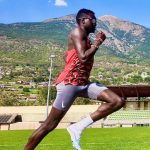
Coach Timo Limo, is a former Kenyan elite 800m runner, and known on the Internet as the King of Kenyan drills. He has trained numerous athletes across the continents and his teaching drills have been copied by coaches across the globe. Residing between Iten, Kenya, and Italy, Timo’s the Head coach @the_heart_of_kenyan_running , www.kenyarunningcamp.com , KAAF National team Coach, and is a specialist in core stability, Pilates, Running Drills, and running form to the top Kenyan athletes. Learn more: https://www.instagram.com/timolimo800.

Girl Mentor, Chelimo Saina, now a Senior Manager at Microsoft’s home base in Redmond, USA. Chelimo was a national champion in her junior years, and narrowly missed being selected for the World Juniors in track and field.
Chelimo runs the Women’s Empowerment program of Shoe4Africa, and heads the Shoe4Africa conservation program, is on the Kenyan National Master’s team, is a Boston & NYC marathon finisher, and is married to the founder of Shoe4Africa, Toby.
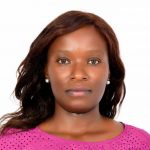
Dr. Florence Jaguga is a consultant psychiatrist working at the Moi Teaching and Referral Hospital (MTRH) in Eldoret, Kenya.
Florence holds a master’s degree in Psychiatry and a Bachelor of Medicine Bachelor of Surgery degree from Moi University School of Medicine. She is head of the Alcohol and Drug Abuse unit at MTRH. Dr. Jaguga’s expertise includes treatment and prevention of substance use disorders, implementation science research, human rights for persons with disability and mental health conditions, policy formulation, and workplace mental health.
She is a champion for staff mental wellness within MTRH and has been a member of the Employee Assistance Program committee at MTRH since 2018 and a chair of the same committee since August 2022.
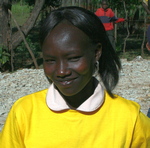
Girls Mentor, Mary Keitany, is among other accolades, the women’s world record holder in the marathon, is four times New York City Marathon Winner, three times London champion, and a World Half Marathon Champion.
Recently retired, Mary gives back to her community and helps to inspire our young community members.
Mary is a recipient of a Shoe4Africa School secondary school in Torokwonin, Baringo where she grew up as a child. Mary was also our first female Hospital Ambassador at the Shoe4Africa Children’s Hospital and is a regular visitor inspiring our young patients..

Lindi, Girl mentor, known as the Harton Express after impressive School sports day antics of claiming triple gold in her events, Lindi has a history of excelling in a variety of sports. Schooling in the USA and now in Kenya she brings a bright, and broader, perspective for the kids at our club.
Her other interests include Hamsters, traveling, and further studies abroad.
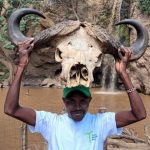
Albert Kibet, Boy mentor, was an aspiring athlete (cousin to a Kenyan world record holder in the steeplechase discipline and husband to a top ranked Kenyan marathoner in the 10,000m and the marathon). Today Albert leads tours around Kenya, coaches the club along with Joanne, and is well-known in town for being the man with the answers.
Albert also runs a hardware and welding store in the center of Iten and manufactures furniture.
Shoe4Africa’s CEO, Toby Tanser, author of the Kenyan Running Book, ‘Train Hard, Win Easy,’ who dreamt up this project during 2021, and with his wife Chelimo, donated the prime plot to be dedicated to the kids, is a weekly visitor and recalls his own youth when such a club was instrumental for his own development. Nothing makes him happier than seeing the kids hanging out at the club, reading the books, playing games and enjoying the facilities.
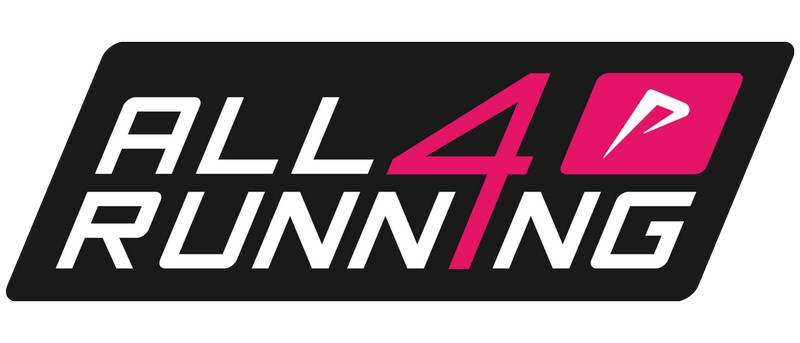
Our Location — About Iten.
Our site could not be more central: Right at the Iten Sports field, situated on the green location field. MAP.
Iten, formerly known as Hill Ten, was awarded the title of a World Heritage Sports Site; it’s the perfect spot for this kids running center.
Home to numerous world class athletes and a training center for droves more, Iten has become a popular ‘running’ resort and hundreds of foreigners flock to the town to train with the Kenyan champions. Luminaries such as Paula Radcliffe and Mo Farah have logged miles at this high altitude venue, and with Brother Colm O’Connell, who first came to Iten in 1976, have helped place this Rift Valley site at the forefront of Kenyan Running. World record holders like David Rudisha lived and trained here when he won two Olympic Gold 800ms and set the World record, and Mary Keitany lived and still lives here whilst she trained for, then won, four New York City and three London marathon titles to complement her Women’s World Marathon record.
Each morning, hundreds of athletes can be seen pounding the trails trying their best at mid/long distance running.
More about Iten: The Godfather of Kenyan Running, Brother Colm O’Connell, is the town’s most famous running resident. He came here in 1976, and by the 1980’s was producing the Olympic and World Champions you could see running along the Iten roads. By the early nineties, he had a fleet of world class runners meeting each evening in the town center, runners like Wilson Kipketer, Sally Barsosio, and Lydia Cheromei to name just a few world champions. In those days there was Colm’s Group, and few others. Watch Eamonn Mc Coughlan’s great documentary on the legend here: LINK
Kenya’s sustainable development goals.
“The Arts and Sports Science pathway provides opportunities for self-realization and expression as well as individual development and fulfilment. Moreover, this career pathway is expected to enable the learners to participate in the economic development of the country through utilization of their own talents, thus contributing to cultural preservation, sustenance and development in arts and sports. Students graduating from this track shall join middle level colleges or universities to pursue careers in the visual or performing arts, and the sports industry. However, the teaching of the subject faces challenges including negative attitudes toward it, insufficient number of teachers, and inadequate modem facilities and equipment. Therefore, to further promote the teaching of PE in the country, suitable strategies need to be continually devised and implemented.
Education, physical activity and sport are recognized as the critical means through which to achieve the Sustainable Development Goals (SDGs). Therefore, it makes sense that school physical education (PE) also has the potential to contribute to the visions set out by Agenda 2030. A critical question is how sustainability can be understood, framed and integrated in PE. In this explorative paper, we, therefore, performed a review regarding the distinct role of PE in the context of Agenda 2030 and its SDGs (Hardman, Murphy, Routen, Tones, 2014). Education to the young population is the single most important means by which individuals and society can improve personal endowments, build capacity levels, overcome barriers, and expand opportunities for a sustained improvement of their wellbeing. It is the pillar of national development, for it is through this that the nation obtains skilled manpower to serve in different sectors of the economy.
Sport has been recognized as an essential tool for the implementation of the SDGs by The Agenda 2030 for sustainable development. The post-2015 development agenda on sport for development shows that SDGs provide several opportunities to sport for development such as:
The sport could establish skills and toolkits that play a substantial role in independent and healthy living and contribute to earnings-generating practices and economic participation (SDG1).
Sport may encourage poverty eradication and raise funds and foster alliances for that aim (SDG 1).5
Sport may stimulate global food production, food protection, a balanced diet, and organic farming. Sporting enterprises should set a precedent by purchasing food from liable suppliers and mitigating the effects of food waste (SDG 2).
Curriculum programs focused on sports will seek to transform behavior for a sustainable society (SDG 2).6
Sustainable Development Goals (SDGs) for 2030 would obviously assist with investment in policies to promote walking, biking, sports, outdoor recreation, and play. The physical activities policy interventions have multiplicative healthcare and socioeconomic benefits. They would lead directly to SDG3 (wellness and good health), and also other goals, including SDG2, for example (ending malnutrition in all aspects of health); SDG4 (education for quality); SDG5 (equality between men and women); SDG8 (decent job and economic development); SDG9 (industry, innovation, and infrastructure); SDG10 (reduced inequality).”
REFERENCES
Hardman, Ken; Murphy, Chris; Routen, Ash; Tones, Steve (2014): World-wide survey of school physical education: final report. Loughborough University. Report. https://hdl.handle.net/2134/27642
Right to Education Project (2014). The Right to Education in Kenya: A Brief Analysis (accessed on 20th February 2022) Available online: http://www.right-to-education.org/resources/country/
UNESCO (2015). International Charter of Physical Education and Sport. UNESCO; Paris, France. (accessed on 30 September 2020). Available online: https://en.unesco.org/themes/sport-and-anti-doping/sport-charter. [Google Scholar].
